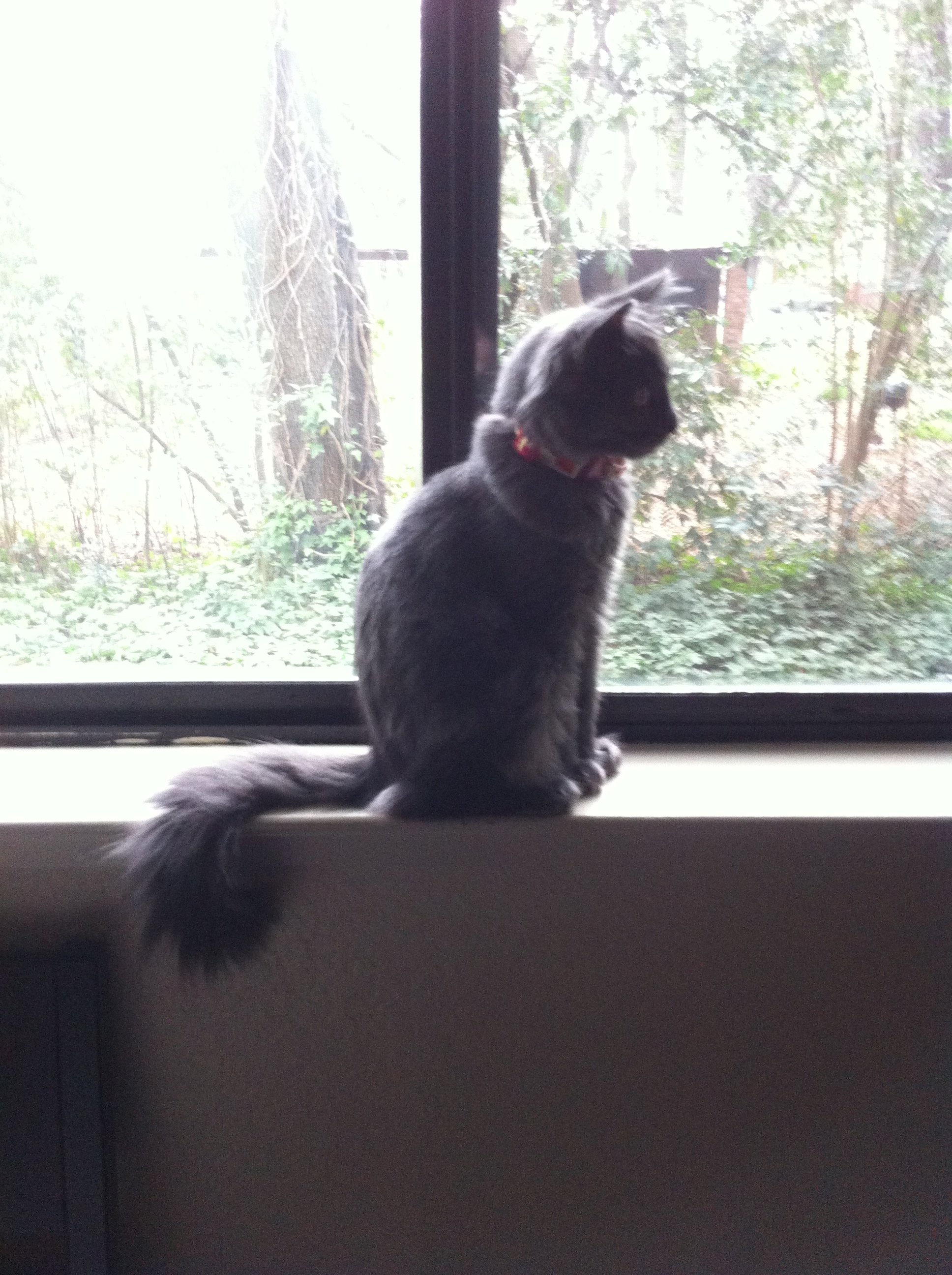
Fairytales and Happy Endings
I grew up on fairytales. When I was really little, it was books about fairies that my mom would read to me, or various Disney movies. I was always surrounded by the stories of princes and princesses, magic and dragons, happy endings. I must have watched these movies a thousand times and never got sick of them. As I got older, I also became interested in the origins of these stories, and just how different they were from the watered down, much shinier Disney versions. Then I became interested in writing my own versions of these fairytales, replacing parts I didn’t approve of with things that fit my value system. For my entire life, and I imagine it is like this for many people, fairytales have been very important to me.
Seeing as I was a small child when I first started loving fairytales, I didn’t quite understand how these stories were shaping my values and the way I viewed the world. Now, looking back, I think about just how much fairytales affect children, boys and girls alike. I wonder how different I might have been if I didn’t grow up on The Little Mermaid and Beauty and the Beast. I, like everyone, love a good happy ending. It’s wonderful to watch a character make it out okay in the end, live their dreams, marry the prince. But just what are we teaching young girls (and also young boys) about what a happy ending looks like, and what the ideal life is? Or what a princess is supposed to look like? Fairytales teach kids all kinds of things about how they are supposed to view the world and it’s not all bad and it’s not all good.
Naturally, because of my long-standing enthusiasm for fairytales, I was thrilled when the other girls at my table, rather than joining one of the groups that already existed, wanted to make up a new one about fairytales. I ordered Cinderella Ate My Daughter by Peggy Orenstein and Kissing the Witch by Emma Donoghue, and they just arrived today. We’re planning on looking into these books, as well as each selecting one popular fairytale and one that has faded away to discuss the literacy of fairytales and the way they shape the way kids (and maybe also adults) view the world.

 Website:
Website: